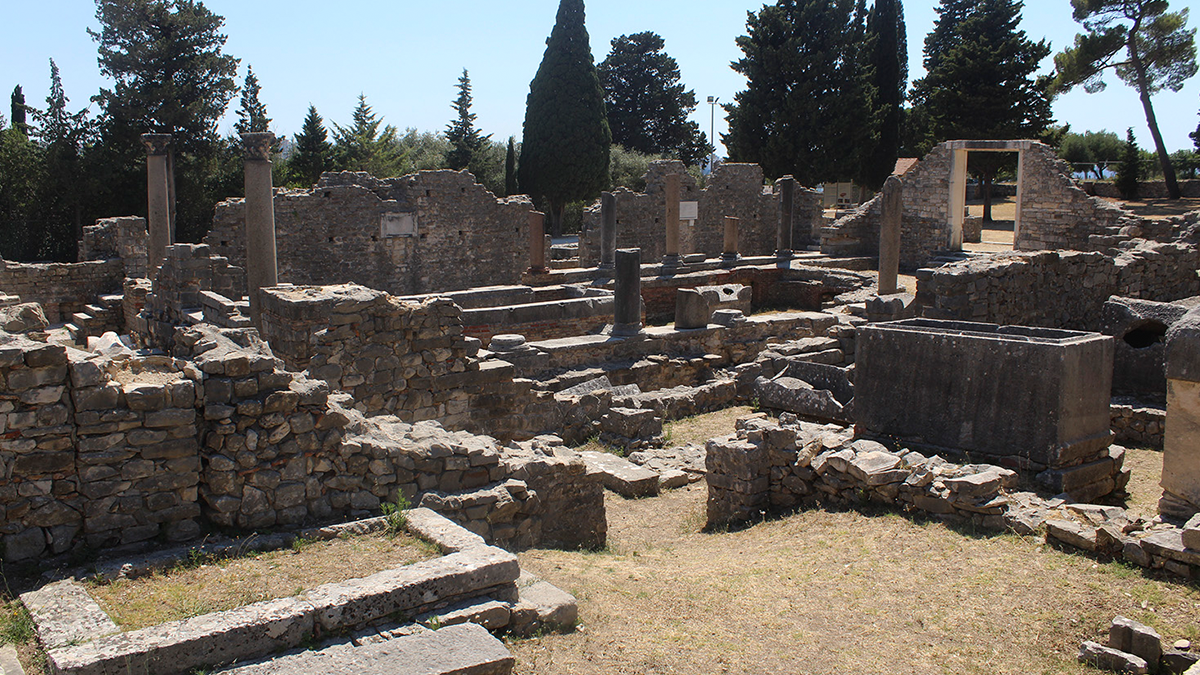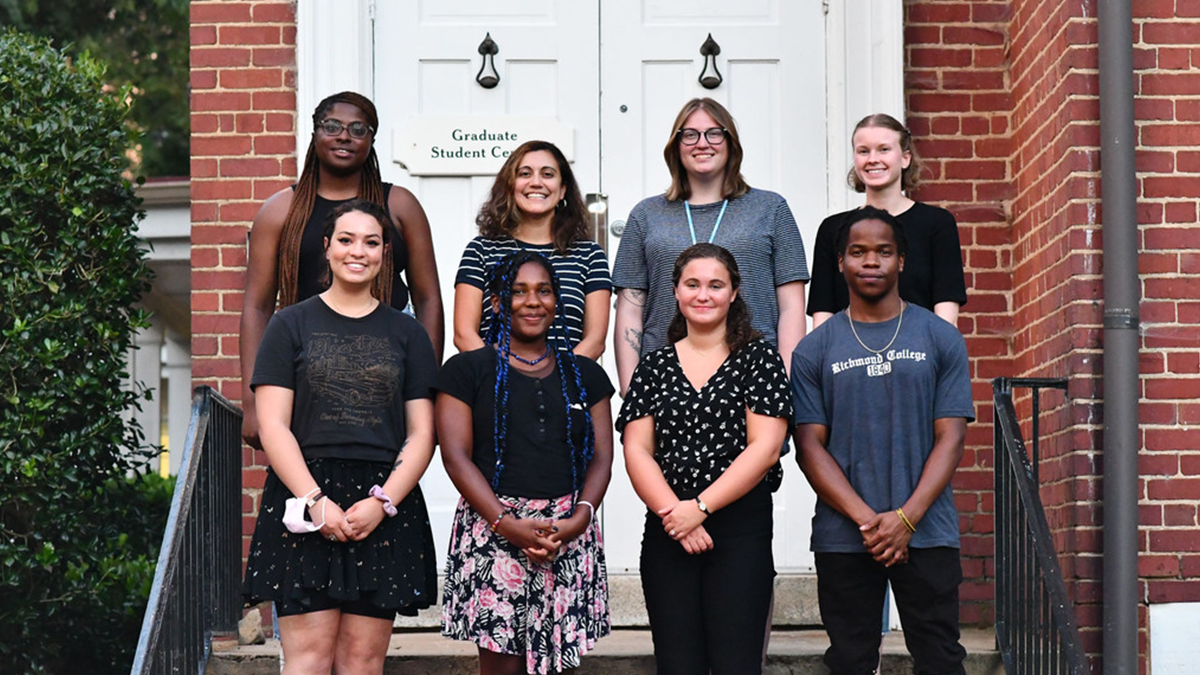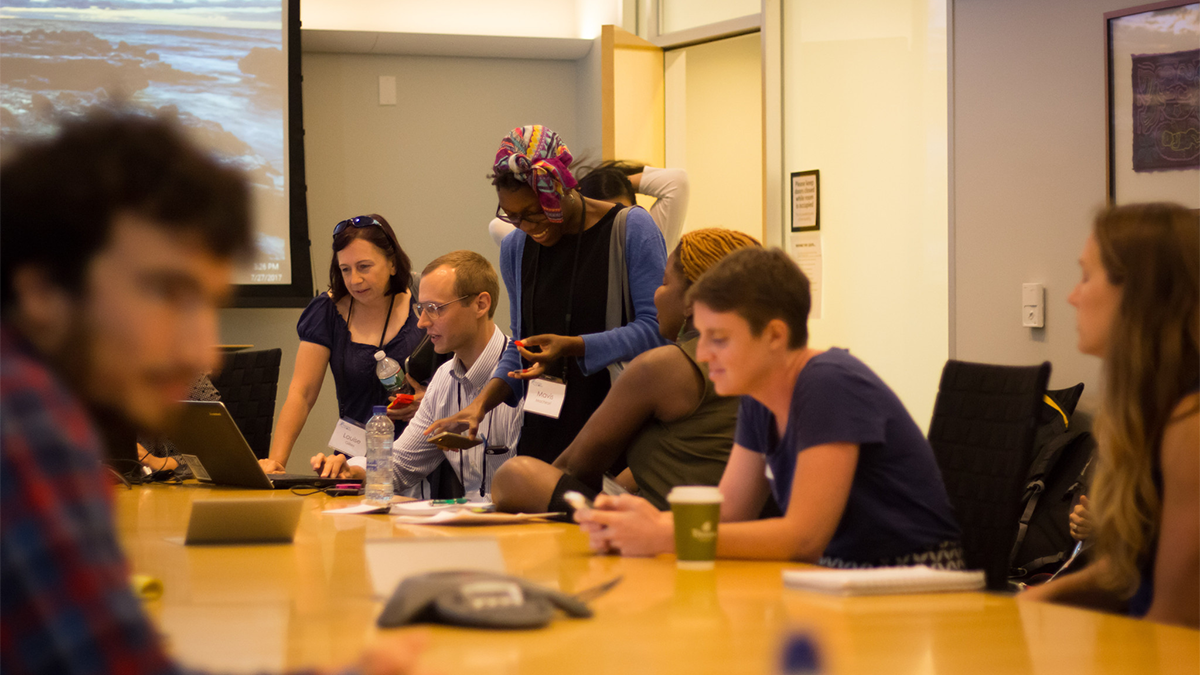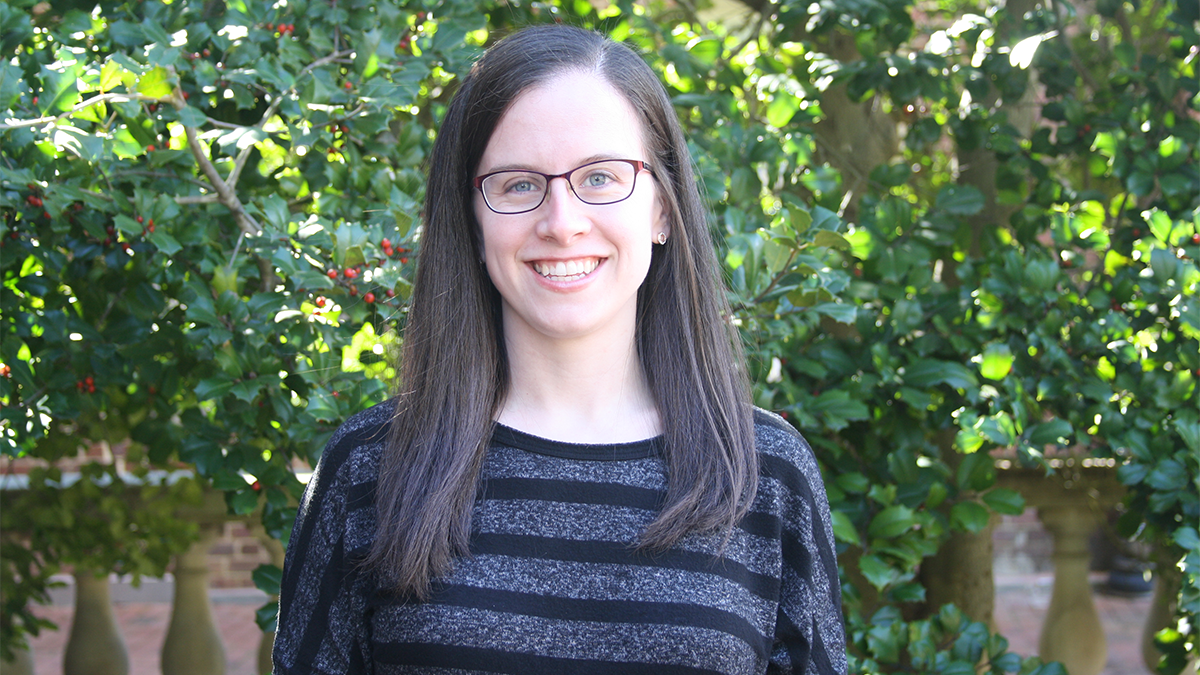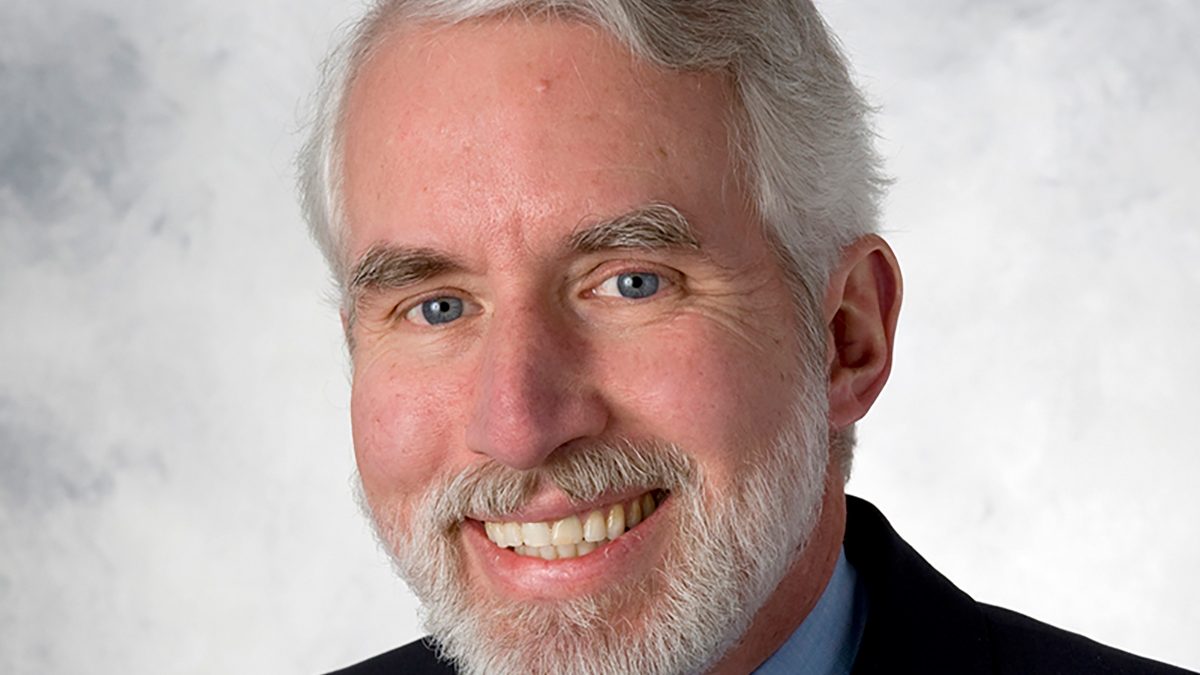Dissertations and Diapers
Published on October 29, 2021A Royster Fellowship proves crucial as married Ph.D. students Bryn Barker and DJ Passey juggle graduate studies and parenting twins.
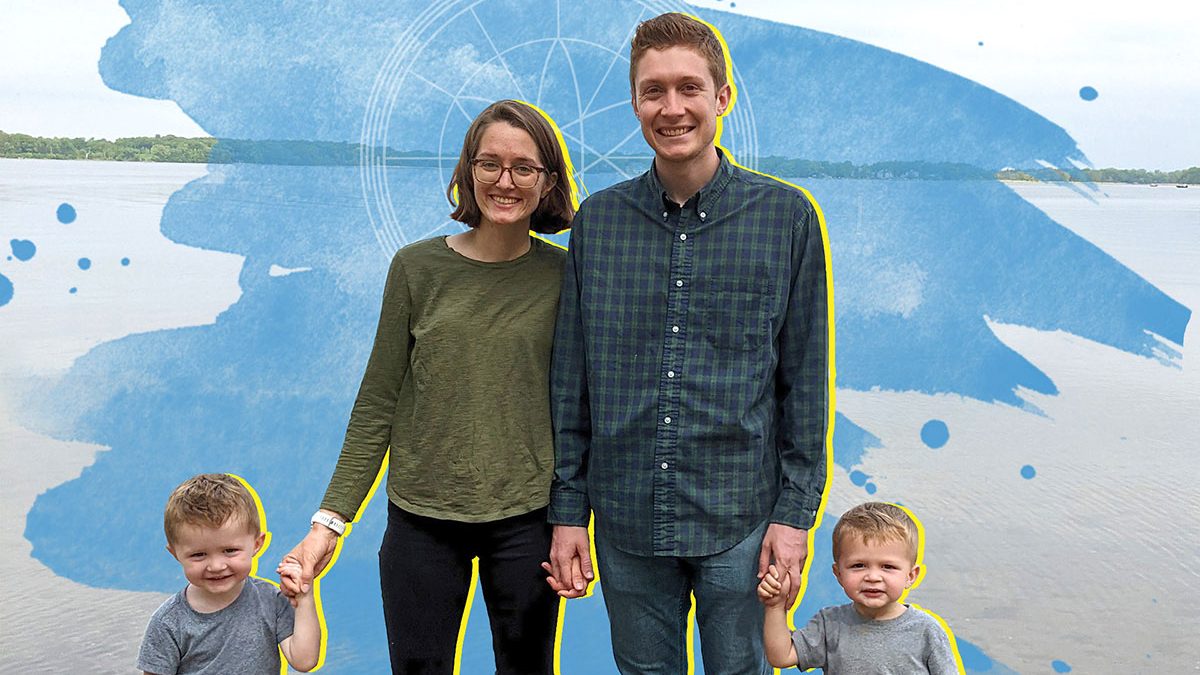
A Royster Fellowship proves crucial as married Ph.D. students Bryn Barker and DJ Passey juggle graduate studies and parenting twins.
Meet Bryn Barker and DJ Passey—married Ph.D. students in the Department of Mathematics who are parents to twin boys.
Ph.D.s and parenthood
An around-the-clock endeavor with seemingly non-stop demands could describe either parenthood or the pursuit of a Ph.D. program—from dissertations to diapers, Department of Mathematics Ph.D. students and married couple Bryn Barker and DJ Passey have dual responsibilities that come with pursuing a graduate degree at one of the country’s top universities, all while parenting two-year-old twin boys.
Perhaps unsurprisingly, Passey and Barker use Google Sheets, a web-based spreadsheet tool, to schedule everything from their toddlers’ naps to advisor meetings; Professors Boyce Griffith and Peter Mucha advise Barker and Passey, respectively. The pair describe the drumbeat of their day as “crazy intense.”
“We map out every hour of our days,” Barker said. “I’m super grateful for people being flexible with our schedules, because sometimes we can’t be available.”
Graduate education expands opportunities
The attention to detail and ability to plan helped Barker earn a five-year fellowship with The Graduate School’s Royster Society of Fellows, the premiere doctoral recruitment tool for top incoming graduate students.
The rigor of their graduate programs, paired with the challenges of parenting, is part of what graduate students—who often return to seek advanced degrees after years of work experience—may face. That’s why funding, Passey said, is incredibly important.
“Having these fellowships and support has been a huge help,” Barker said. “With the support, the extra burdens that often come with grad school have been reduced, and we’ve been able to find a great balance between prioritizing our research and making time for our kids.”
She said she appreciates the mix of graduate students she has met through the Royster Society, which offers interdisciplinary opportunities and the chance for graduate students to create lasting connections across all areas of campus. Those connections are a boon for mathematics graduate students who may be intensely focused on their areas of research.
“I got to talk to a good chunk of graduate students at a social event last year, and a lot of them had kids, too, or were from more nontraditional backgrounds. It’s great to see that at Carolina,” Barker said.
Shared passion for STEM
Barker has also received a Department of Energy Computational Science Graduate Fellowship. She has spent time working for the Oak Ridge National Laboratory. Passey is a National Science Foundation Graduate Research Fellowships Program (NSF GRFP) fellow who began work at Google’s research lab X development, with a focus on artificial intelligence as part of a residency program.
Having both studied math as undergraduate and master’s degree students at Brigham Young University, their studies have become so specialized that Passey and Barker are becoming experts in their own areas of mathematics.
“The brain is kind of like having 10 billion processors—or computer chips—all computing at the same time,” Passey said of his research. “To better understand the brain is to better understand what it means to be human.”
Simulation modeling, Barker’s area of expertise, is what brought the snowflakes to the screen in Disney’s Frozen, as math is behind the creation of animation and simulation tools. But it also can improve simulations in health care; Barker is currently working with the UNC School of Medicine McAlister Heart Institute to design more accurate models of the heart.
While Barker began math competitions at age five, her mother, also a mathematician, fostered a desire to support women who decide to pursue STEM-based studies in science, technology, engineering or mathematics. They plan to support their children in whatever they decide to pursue—mathematics, or otherwise.
“Both of us really believe in being yourself and following what you love and what you’re drawn to,” Passey said. “Bryn and I both believe in a world where we allow people to be themselves as much as possible…That’s something we both feel strongly about.”
